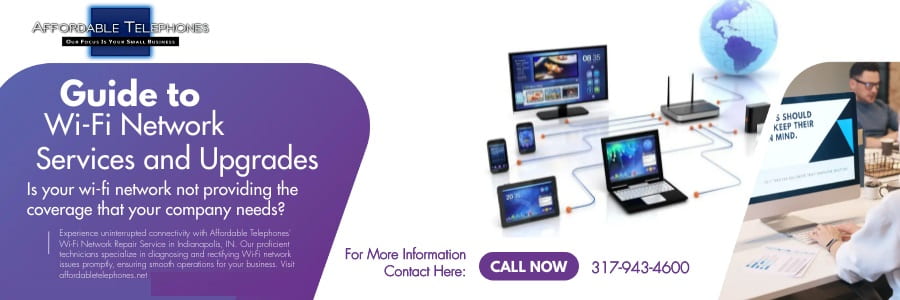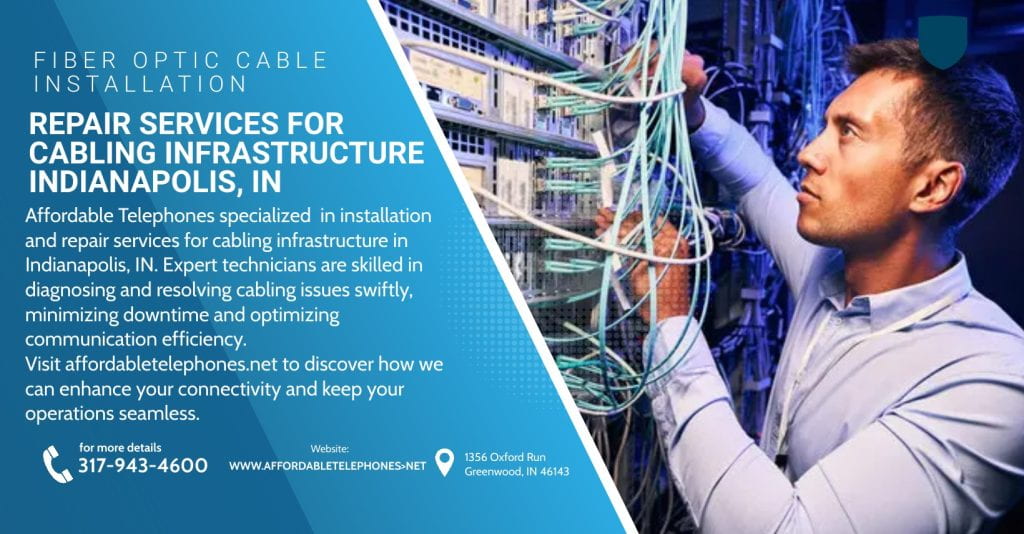
Overhead paging systems are a vital communication tool for many businesses, providing an efficient way to broadcast messages to a large audience quickly. Whether you need to announce important information, make emergency alerts, or communicate with employees spread across different locations, an overhead paging system can significantly enhance your business’s communication capabilities.
Modern businesses increasingly adopt VoIP (Voice over Internet Protocol) phone systems due to their flexibility and cost-effectiveness. Integrating paging with VoIP systems offers several advantages, including:
- Unified Communication: VoIP paging systems enable seamless communication across multiple platforms, such as phones, computers, and mobile devices.
- Scalability: Easily add or remove paging zones as your business grows or changes.
- Remote Access: Manage and control the paging system remotely, ensuring constant connectivity regardless of location.
- Cost Savings: VoIP paging systems often reduce hardware and maintenance costs compared to traditional systems.
How Paging Systems Enhance Communication and Efficiency
Paging systems streamline communication by allowing instant dissemination of information to all intended recipients. This enhances efficiency in several ways:
- Quick Announcements: Instantly notify employees about meetings, visitors, or urgent matters.
- Emergency Alerts: Broadcast critical information during emergencies, ensuring everyone is informed promptly.
- Operational Efficiency: Coordinate activities across different departments or locations, reducing downtime and improving workflow.
- Customer Experience: Improve customer service by quickly locating staff or making announcements in public areas.
Different Types of Paging Systems
- Analog Paging Systems: Traditional systems using wired connections and speakers. They are reliable and straightforward, suitable for smaller businesses or those with existing analog infrastructure.
- Digital Paging Systems: These systems offer better sound quality and more advanced features than analog systems. They are ideal for businesses looking for modern, high-performance solutions.
- VoIP Paging Systems: Utilize internet protocols to transmit paging messages. They provide flexibility, scalability, and integration with other communication systems, making them suitable for businesses of all sizes.
- Wireless Paging Systems: These systems use radio frequencies to transmit messages, eliminating the need for extensive wiring. They are perfect for large facilities or businesses needing flexible installation options.
Benefits of Implementing an Overhead Paging System for Your Business
- Improved Communication: Ensure that important messages reach all employees quickly and efficiently.
- Enhanced Security: Provide immediate alerts during emergencies, improving safety for employees and customers.
- Cost-Effective: Reduce the need for multiple communication devices and systems.
- Increased Productivity: Minimize downtime by streamlining communication and coordination efforts.
- Scalability: Easily expand the system as your business grows or changes.
What to Consider When Choosing a Paging System for Your Business
- Coverage Area: Determine the size and layout of the area that needs coverage to select the appropriate system and number of speakers.
- Integration: Ensure compatibility with existing communication systems, such as VoIP phones or intercoms.
- Sound Quality: Choose a system that provides clear, high-quality sound to ensure messages are understood.
- Scalability: Consider future growth and choose a system that can easily expand with your business.
- Budget: Evaluate the total cost of ownership, including installation, maintenance, and potential upgrades.
Upgrade Your Intercom/Overhead Paging System
If your current intercom or paging system is outdated or no longer meets your needs, it may be time for an upgrade. Modern systems offer enhanced features, better sound quality, and greater reliability. Upgrading can improve overall communication efficiency and provide additional benefits, such as integration with other systems and remote management capabilities.
Overhead Paging System Repair Services
Regular maintenance and prompt repairs are essential to ensure your overhead paging system operates efficiently. At Affordable Telephones, we offer comprehensive repair services to address any issues with your paging system, minimizing downtime and ensuring continuous communication.
Contact Affordable Telephones Today
For expert advice and top-quality solutions for your business’s paging system needs, trust the professionals at Affordable Telephones. Call us today at 317-943-4600 or visit our website at https://affordabletelephones.net/ to learn more about our services. Whether you need installation, maintenance, or repair, we are here to enhance your business communication infrastructure.








